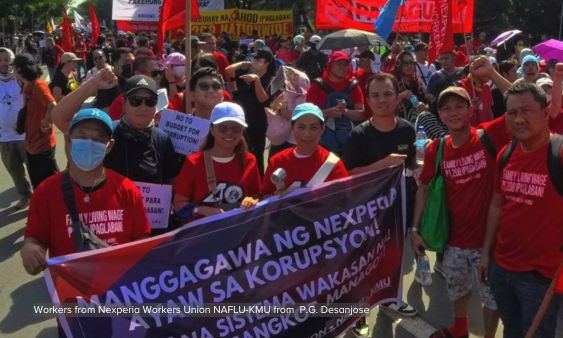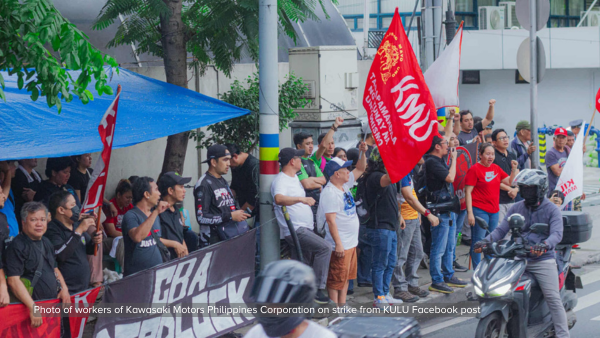An IMF conference on ‘Migrant Workers as Precarious Workers’ held in Bangkok examined the situation of migrant workers in the metal industry with the aim of developing union strategies to improve their rights. Participants from three continents agreed with the broad findings of the IMF survey conducted earlier this year, that migrant workers are most likely to end up in precarious employment, be paid less than local workers and face obstacles to accessing their rights, including the right to join a trade union.
There was clear consensus on the number one obstacle to organizing migrant workers, namely the workers’ fear of joining a trade union. Speaker after speaker told the same story, of migrant workers losing their jobs, and even being deported, for attempting to exercise their rights. Undocumented migrant workers face an even more difficult situation, and are effectively forced to accept whatever pay and conditions their employer is willing to give, in order to avoid instant dismissal and a high risk of deportation.
In Thailand, migrants from Burma and Cambodia are scared to have contact with trade unions, which they perceive as part of the authorities. Finding ways to approach migrant workers and convince them that unions are there to help is crucial to organizing. Korean unions have had some success at organizing migrant workers and have found that this leads to decreased discrimination and better working conditions for migrants in plants where they are unionized. Similarly in Malaysia, migrant worker salaries are reasonable where there is a union, but most migrants work in non-unionized areas.
Recent legislative changes in Australia have significantly improved the conditions under which temporary migrant workers are employed. Now employers that want to bring in foreign workers must first consult with the relevant union. The AMWU has recruited many migrant workers and helps them to secure permanent residency.
A comprehensive survey conducted by Italian affiliates on the situation of workers in the metal industry has provided a wealth of information about migrant workers. For example, migrant workers have higher levels of education than Italian workers, but are concentrated in lower paying classifications. They are more likely to be precarious workers, putting them at great risk of expulsion since in Italy, residency status is tied to the employment contract. A harsh legislative regime is forcing increasing numbers of migrant workers into irregular situations and subjecting them to detention and deportation. Strong parallels were drawn between the legislative regimes and actions by governments in Italy and South Korea.
Affiliates agreed on a range of practical strategies for cooperation by unions at national and international level to improve the rights of migrant workers. These include:
- Developing networks to share strategies to inform migrant workers of their rights and examples of collective agreement clauses on migration
- Assisting unions in other countries with translation of materials for migrant workers
- Increasing cooperation and exchange of information between unions in sending and receiving countries, including placement of organizers in the receiving country
- Cooperating on campaigns to remove restrictions on migrants’ rights to join trade unions
- Fighting against racism and xenophobia and promoting the positive contribution made by migrants to society
- Cooperating with other groups that support migrant workers, for example NGOs and community groups.
This article was originally published on the website of IndustriALL Global Union.









